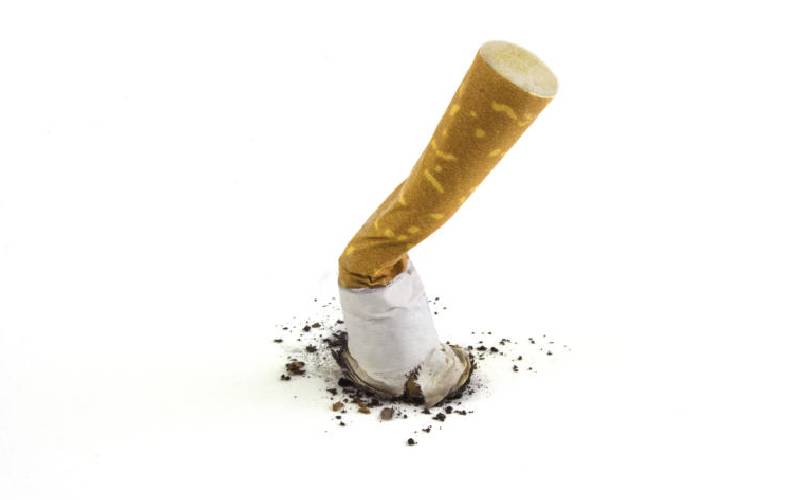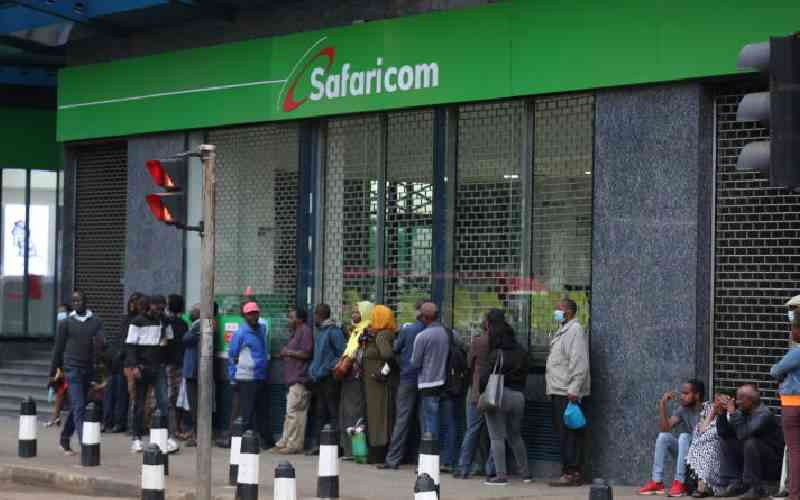×
The Standard e-Paper
Stay Informed, Even Offline

Tobacco-related deaths stood at 8,100 in 2019. [Courtesy]
Local anti-tobacco lobbies have taken the government to task over its apparent reluctance to enforce tobacco control and taxation.







